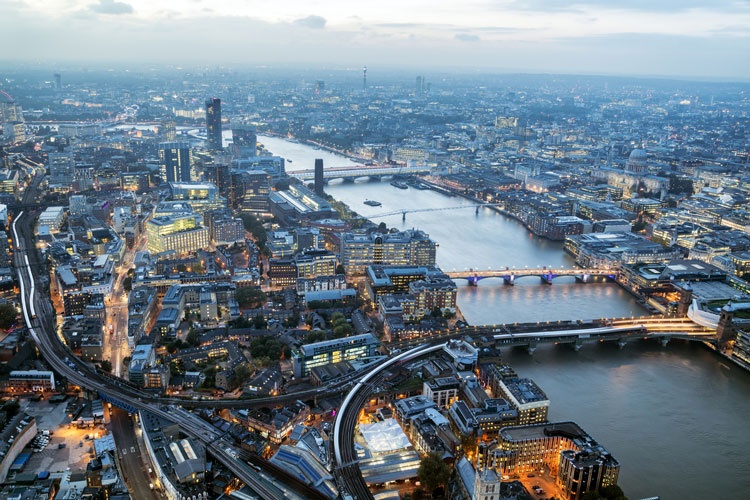Public and private sectors must work together to “keep cities moving”, report shows
Rethinking Urban Mobility has been conducted by companies including Arup and the London Transport Museum, and looks at the impact of developments in transport such as self-driving cars on cities in the UK.

A new report on urban mobility has found that the UK Government needs to develop a new transport strategy to keep up with technological advances in areas such as self-driving cars.
Rethinking Urban Mobility has been conducted by engineering company Arup, in collaboration with the London Transport Museum, law firm Gowling WLG and transport company Thales.
The report is based on three roundtable discussions held in 2017 at the London Transport Museum, which brought together 60 industry experts to discuss transport systems and infrastructure in cities across the UK.
Public-private sector collaboration
Subjects addressed during the roundtables included autonomous technology in transport, sustainability and the affordability of public transport. The report is based on the findings of the roundtables, and emphasises the need for greater public-private collaboration in order to “keep cities moving”.
The report recommends that public and private sectors must work together to ensure that demand responsive transport (DRT) such as ride-sharing schemes function as part of the overall public transport system. For example, it suggests that the public sector should create frameworks to work with private mobility companies and data ought to be shared between public and private bodies to create more efficient infrastructures.
Significant public investment should go towards the research and development of autonomous vehicles, suggests the report, in order to address complex issues such as legality, insurance, data protection and cybersecurity.
Devolve powers to local authorities
The report also recommends devolving decision-making to allow city authorities to develop their own transport strategies and funding plans. For instance, the report suggests that cities should be able to commit to low or zero emissions targets, which would help the UK to achieve its national decarbonisation targets. Transport is currently the largest consumer of energy in the UK, according to the report, with 74% of energy being consumed through road transport.
The findings of the report will be used to help develop the Mayor of London’s Transport Strategy, which is setting policies and proposals to reshape transport in the capital over the next 25 years.
London Transport Museum director Sam Mullins, says: “From the arrival of the first horse drawn bus in 1829, to the Oyster card in 2003 and contactless payment today, London and other UK cities are constantly being transformed by new technology. Ultimately, we recognise that public and private entities must work together to maintain the mobility upon which our cities depend.”
Read the report in full here.
-
Post a comment




